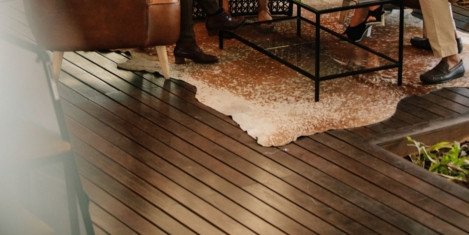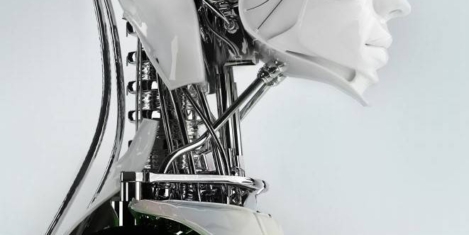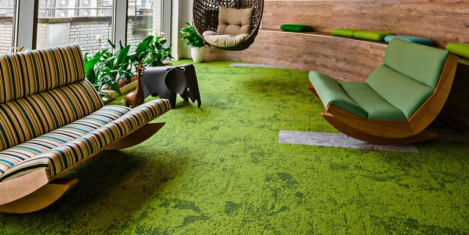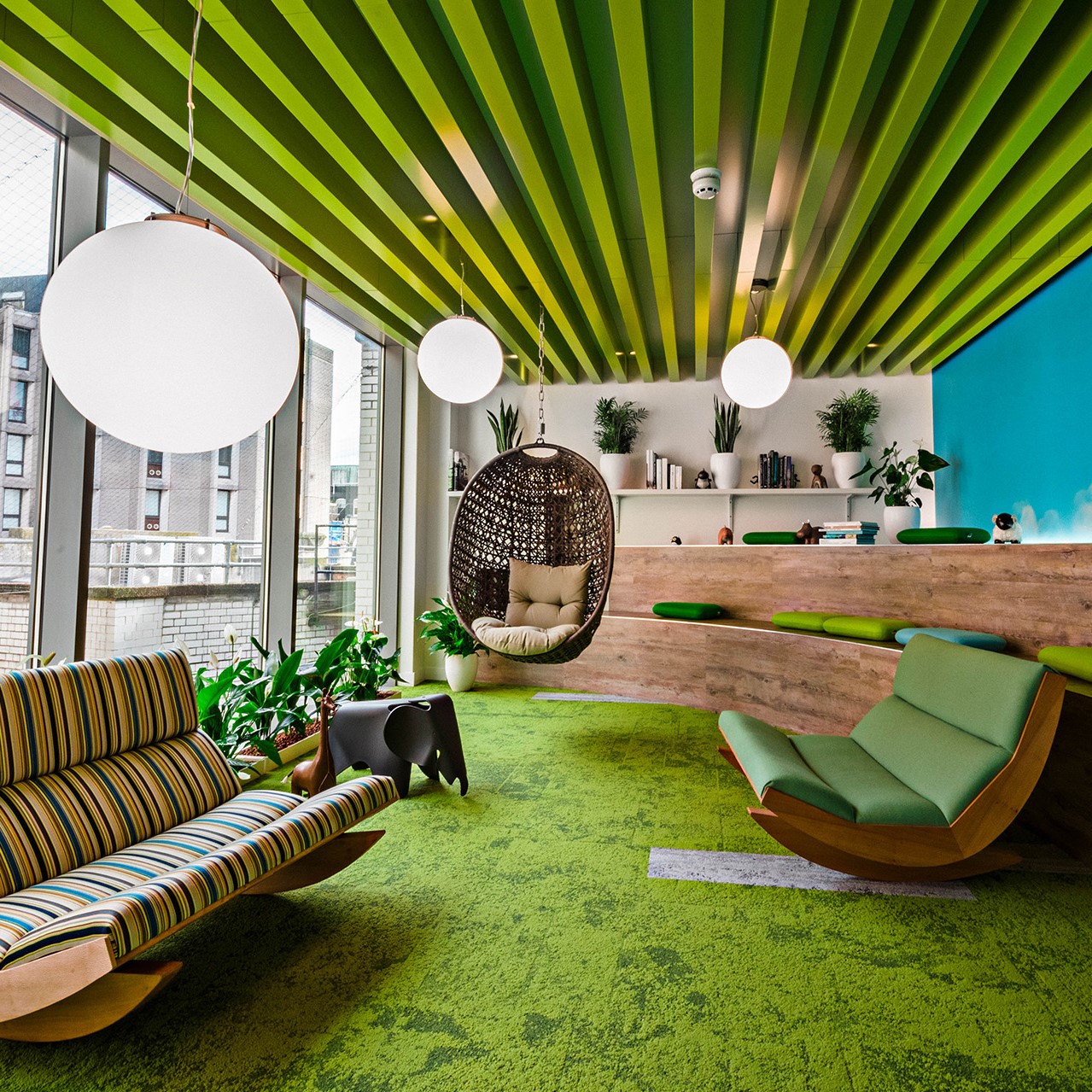To provide the best experiences, we use technologies like cookies to store and/or access device information. Consenting to these technologies will allow us to process data such as browsing behaviour or unique IDs on this site. Not consenting or withdrawing consent, may adversely affect certain features and functions.
The technical storage or access is strictly necessary for the legitimate purpose of enabling the use of a specific service explicitly requested by the subscriber or user, or for the sole purpose of carrying out the transmission of a communication over an electronic communications network.
The technical storage or access is necessary for the legitimate purpose of storing preferences that are not requested by the subscriber or user.
The technical storage or access that is used exclusively for statistical purposes.
The technical storage or access that is used exclusively for anonymous statistical purposes. Without a subpoena, voluntary compliance on the part of your Internet Service Provider, or additional records from a third party, information stored or retrieved for this purpose alone cannot usually be used to identify you.
The technical storage or access is required to create user profiles to send advertising, or to track the user on a website or across several websites for similar marketing purposes.
 The results of a new survey on people’s experience of working from home during lockdown will accelerate the shift from primarily office-based work to a “total workplace ecosystem”, based on offices, homes and other locations including digital space. That is the conclusion of a new report from Cushman & Wakefield which analysed responses from more than 40,000 individuals from around thirty companies across nearly twenty sectors. (more…)
The results of a new survey on people’s experience of working from home during lockdown will accelerate the shift from primarily office-based work to a “total workplace ecosystem”, based on offices, homes and other locations including digital space. That is the conclusion of a new report from Cushman & Wakefield which analysed responses from more than 40,000 individuals from around thirty companies across nearly twenty sectors. (more…)




































May 29, 2020
The role of workplace professionals in the new era of work
by Kelly Bream • Comment, Flexible working, Property